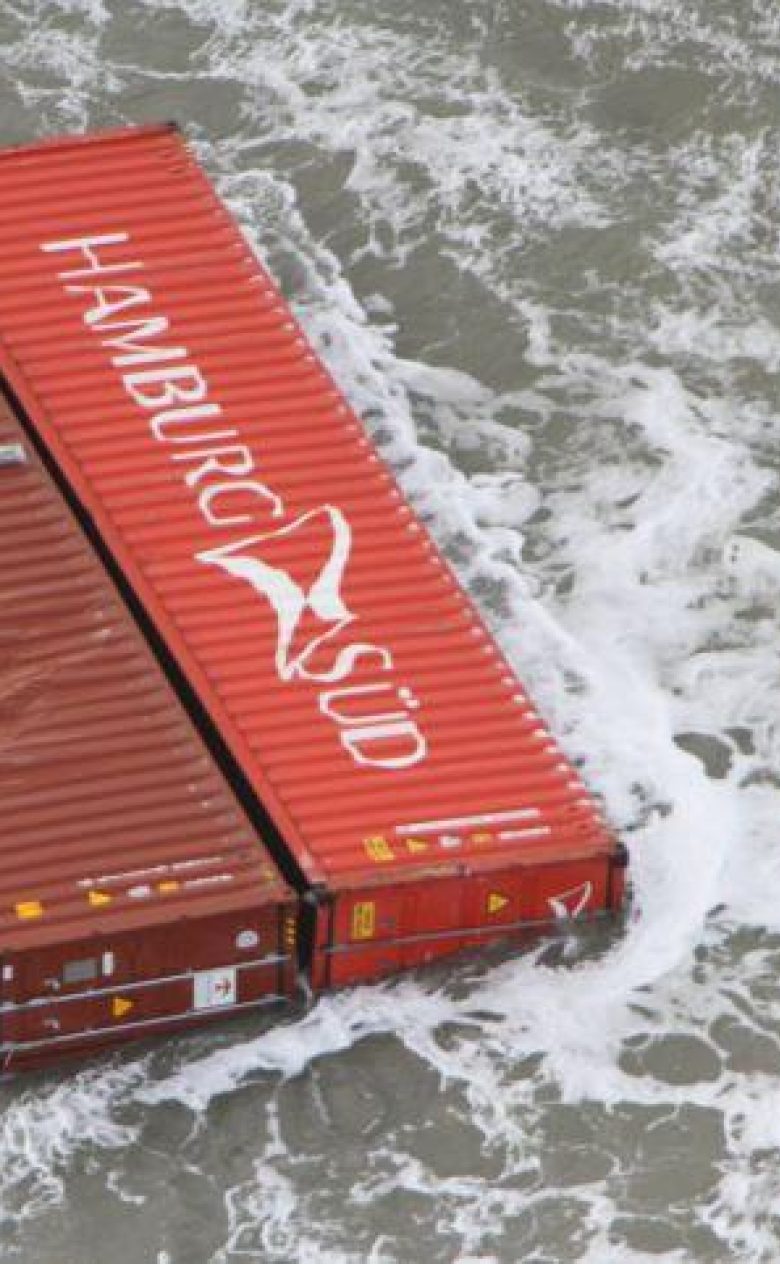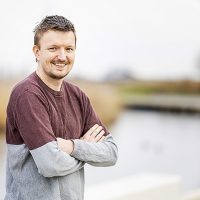Metocean conditions during the incident with the MSC Zoe
In 2019 the Dutch Safety Board (Onderzoeksraad voor Veiligheid, OVV) performed an investigation into the incident involving container vessel ‘MSC Zoe’ on 1-2 January 2019, where the ship lost several containers in an area north of the Dutch Wadden Islands.

OVV asked Dutch knowledge institutes Deltares and MARIN to contribute to the research by providing insight into:
- the metocean conditions (wind, waves, currents) during the accident (Deltares),
- the vessel motion behaviour under such conditions (MARIN), and
- how frequently these metocean conditions can be expected to occur (Deltares).
Deltares derived the metocean conditions (wind, waves, water levels, currents) that occurred in the area north of the Dutch and German coast during the days of the event and determined which conditions the vessel encountered along its track. The uniqueness of those conditions was assessed by comparing them to reference statistics of wind and wave conditions for the area. Had the incident also occurred if the vessel passed the area with a different timing? To show how time and space dependent the event had been, metocean conditions encountered by the vessel along its track were compared to variations in conditions during the storm at other moments in time and in other parts of the considered area.
Deltaresalso translated the derived conditions to representative parameter values for physical scale model tests, which were performed by MARIN within the same project. As a final confirmation, Deltares checked how representative the generated wave conditions inside the laboratory basin were of the metocean conditions as derived for the area north of the Wadden Islands on 1-2 January 2019.
The study resulted in more insight into the conditions which may cause unfavorable/dangerous conditions for large (container) vessels passing the Dutch north coast. Based on this and other studies, the Dutch government has decided to implement active traffic guidance for shipping North of the Wadden Islands.
All the Lessons learned following the loss of containers from MSC ZOE reports are available via the Dutch Safety Board



